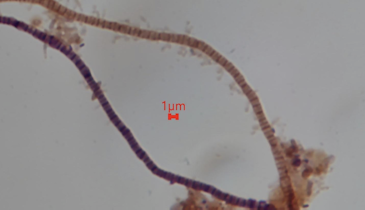
Promoted from team member to director, Mark Engdahl received a valuable nugget of advice in overseeing the Vicksburg Wastewater Department: Manage how you manage. He says learning from his team of six could be his strongest managerial skill.
Engdahl began his career in...







